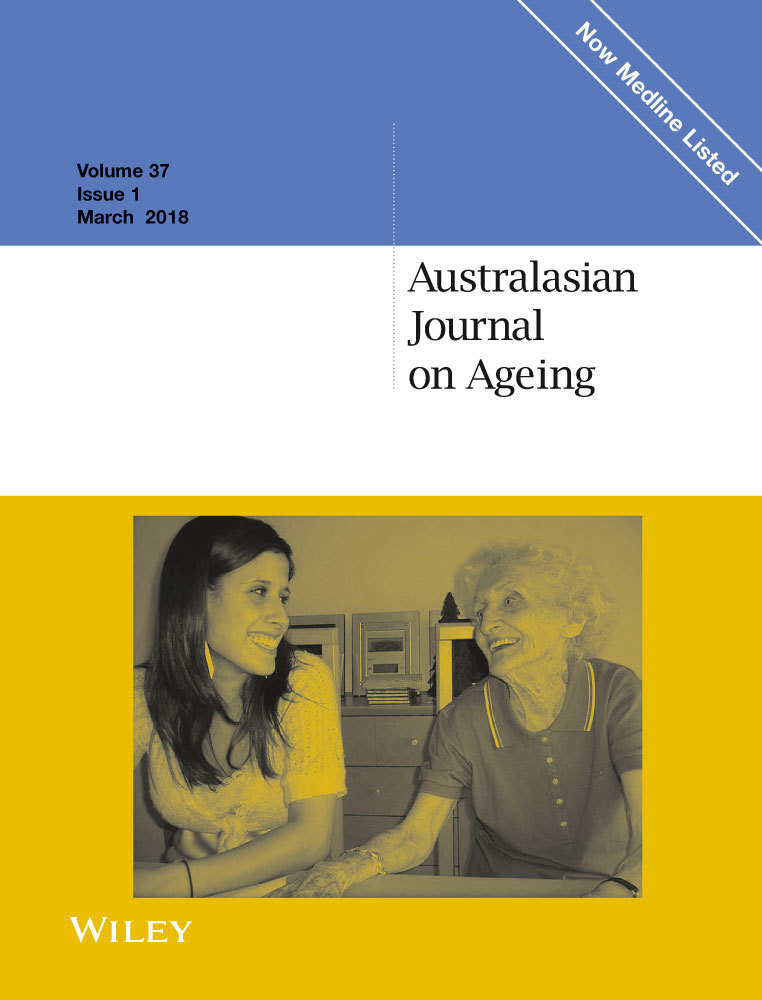Effectiveness of the maximising cognition (MAXCOG) information resource for clients with mild cognitive impairment and their families
Abstract
Objective
To evaluate a new information resource developed for clients with mild cognitive impairment (MCI) or early dementia and their family supporters.
Methods
A controlled group trial was undertaken comparing 40 clients and family supporters who received ‘service as usual’ followed by 40 clients and family supporters who received ‘service as usual’ plus the new information resource. Telephone interviews comprising open questions, ratings and a quality-of-life questionnaire were undertaken two to four weeks after the client's final feedback session.
Results
The two groups (equivalent on sex, age and cognition) showed a similar pattern of responses regarding handout use and evaluation. However, family supporters in the group who received and read the new resource were better able to describe their use of cognitive management strategies.
Conclusion
Some family supporters appeared to benefit from using the new resource but people with MCI may require further face-to-face support to learn new strategies.




